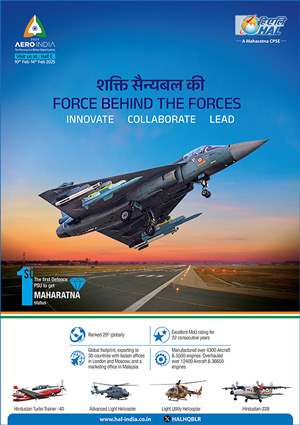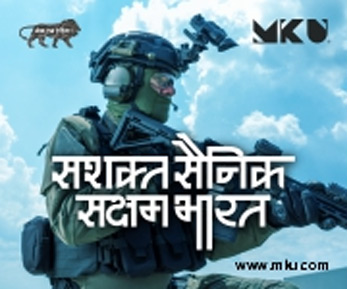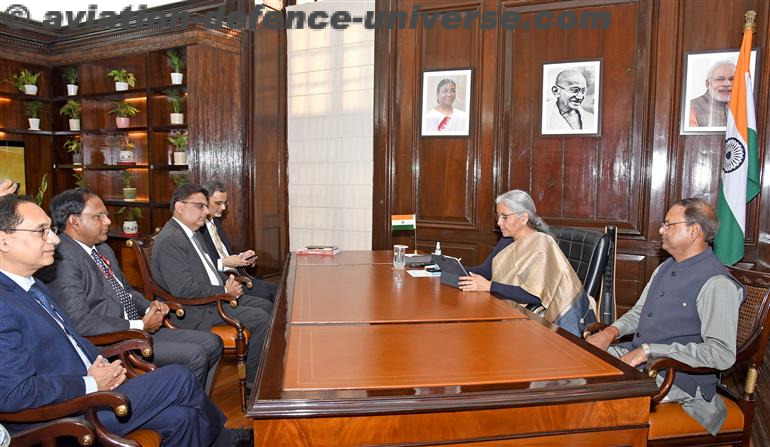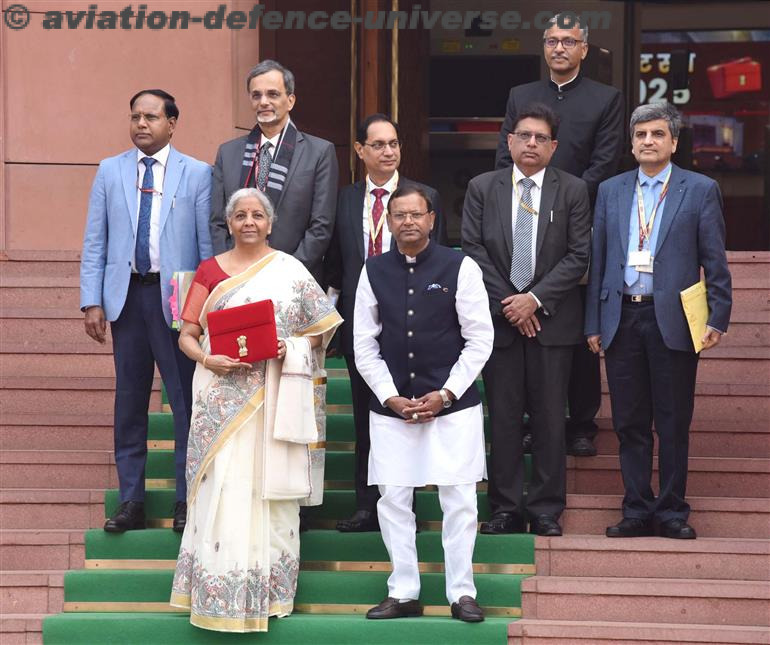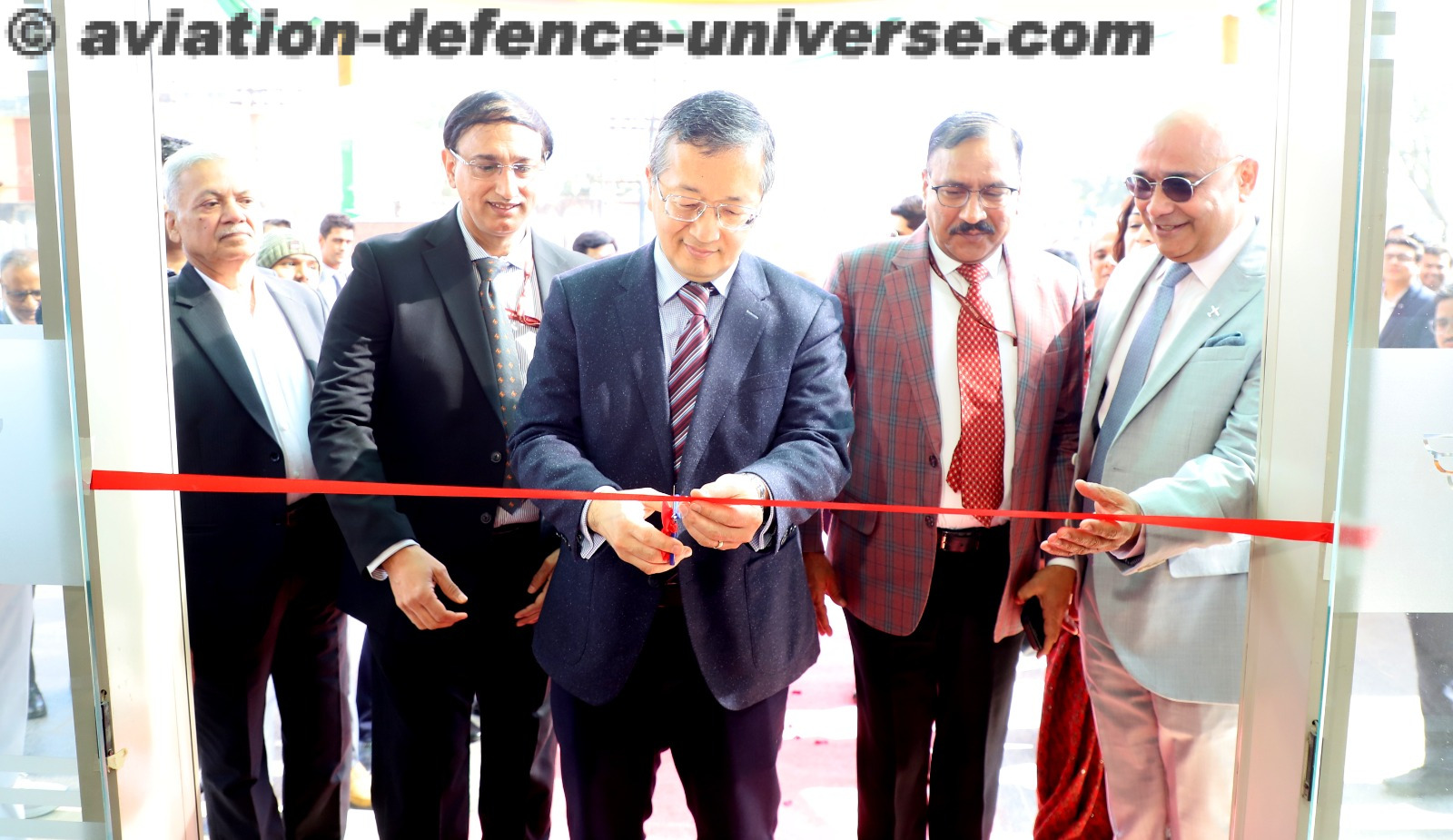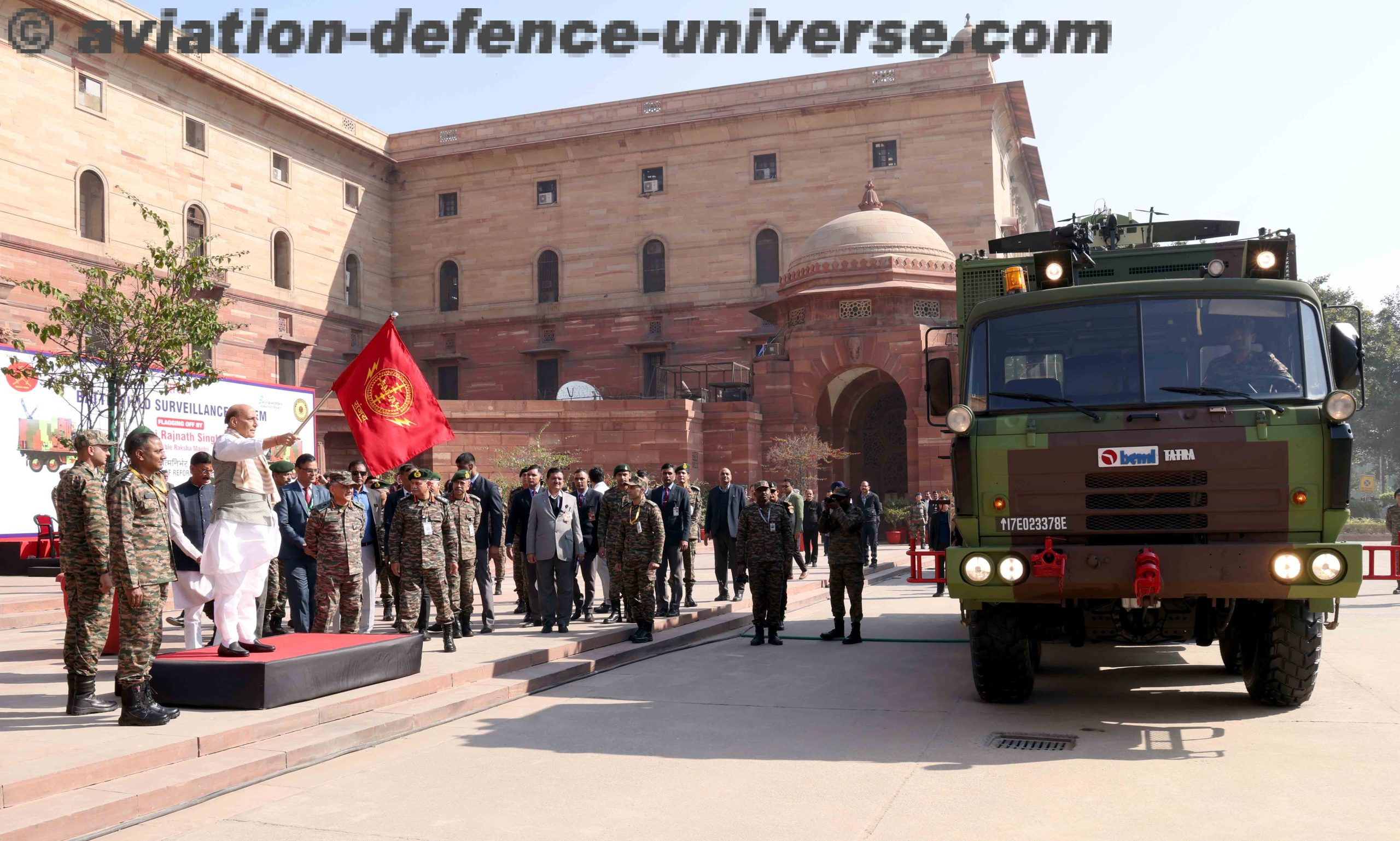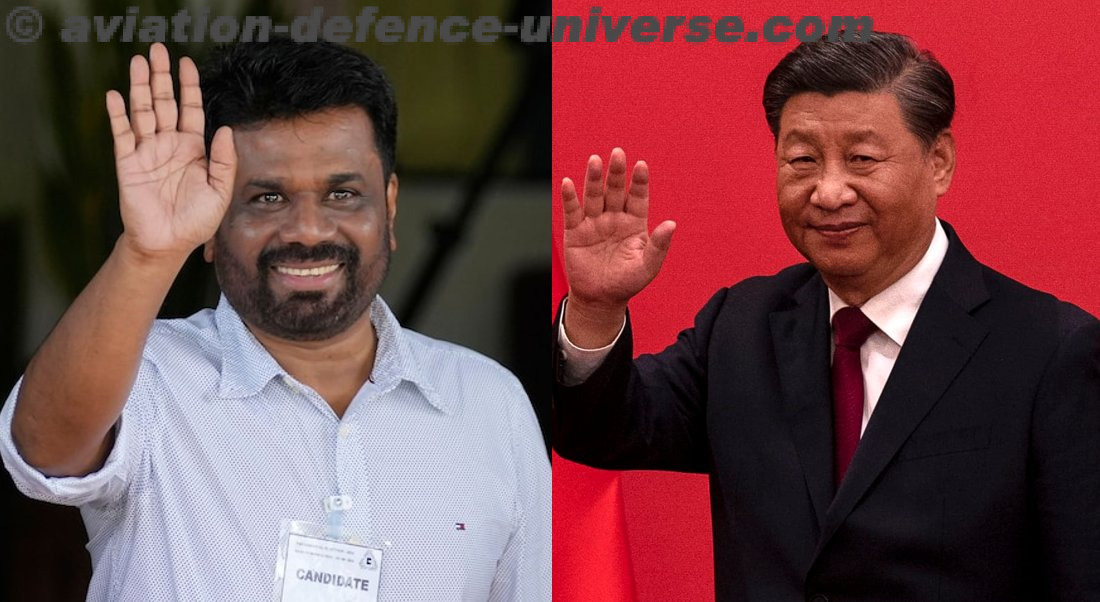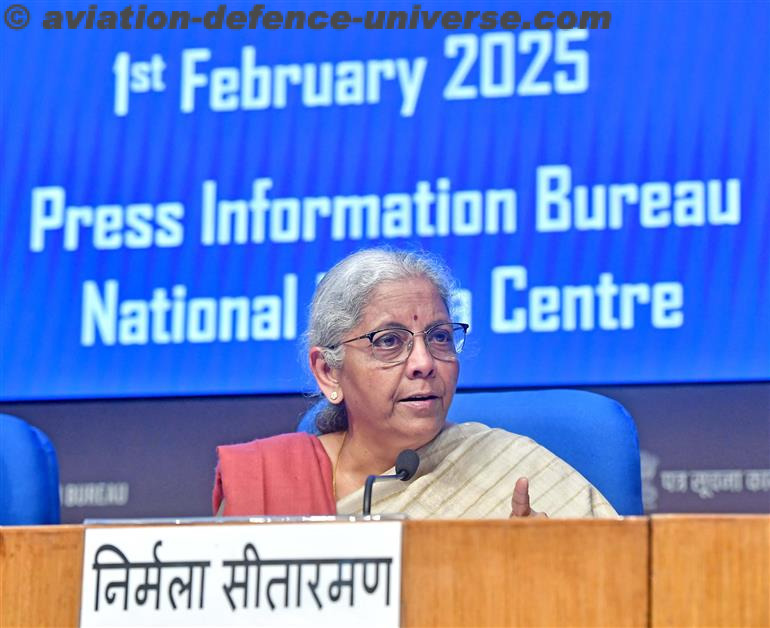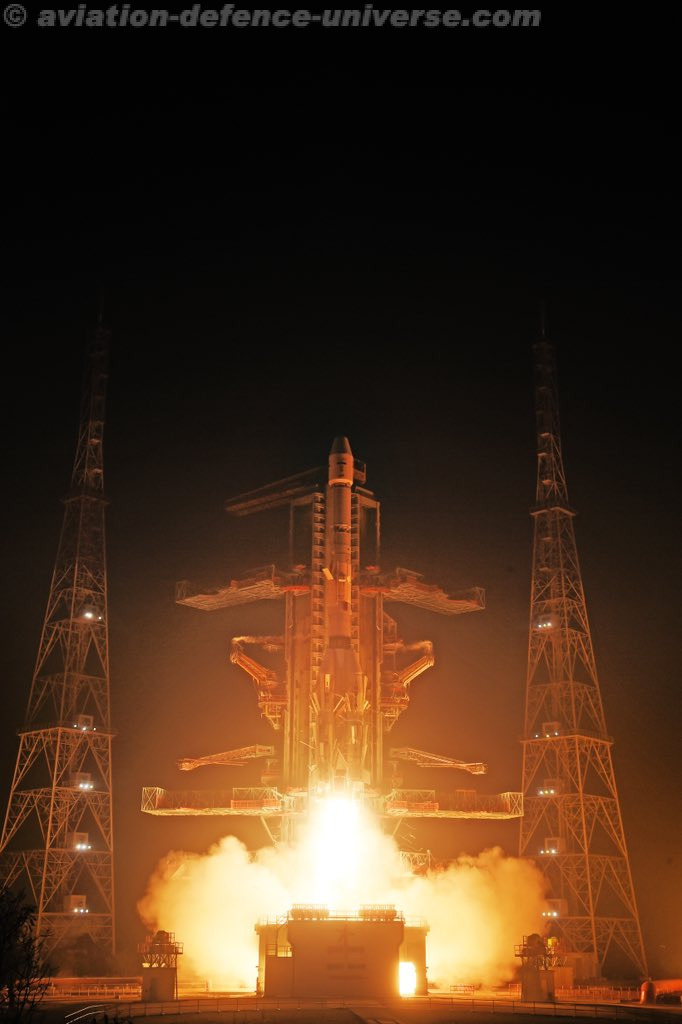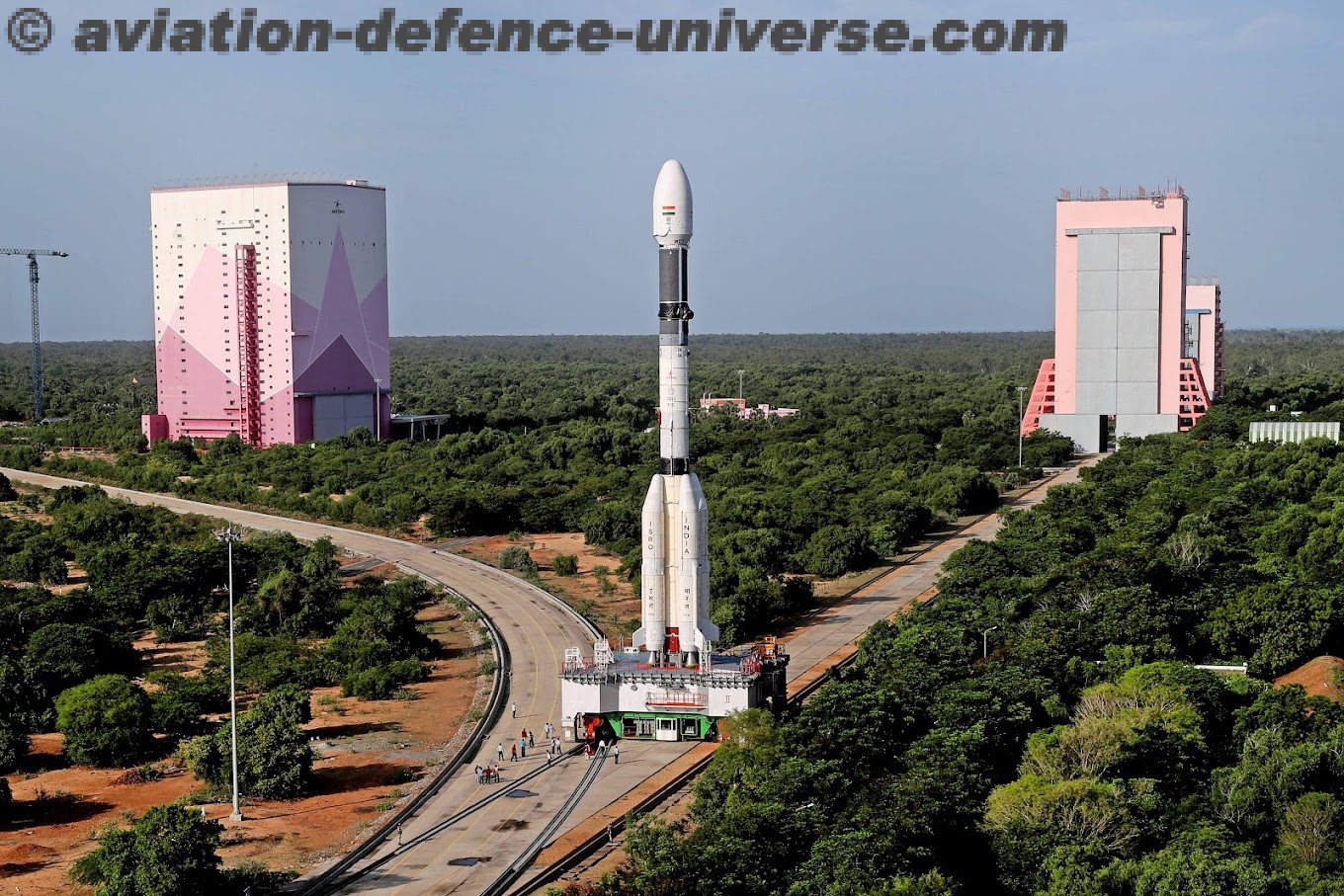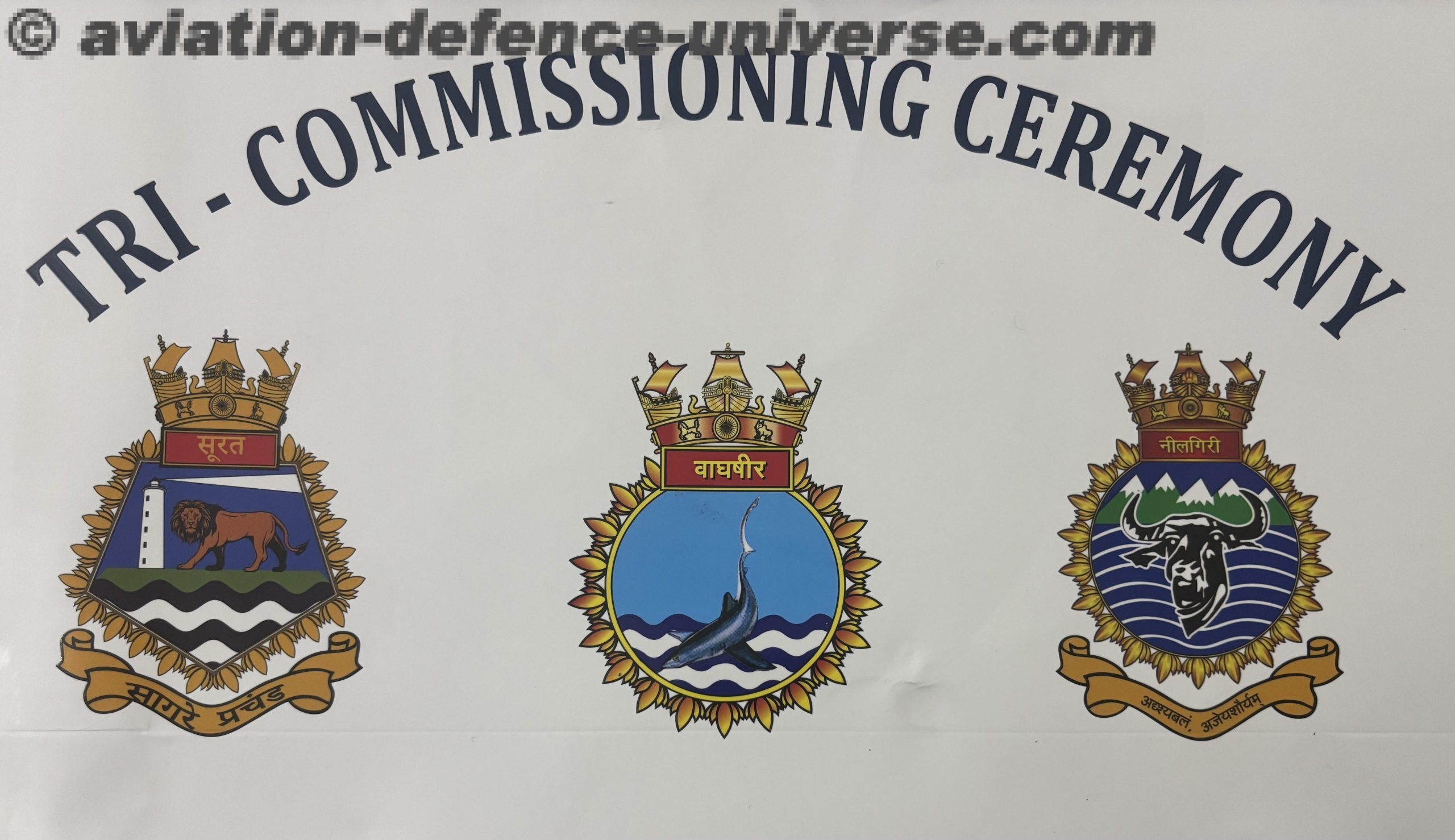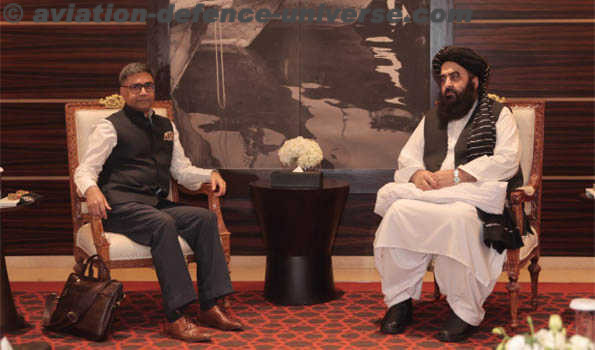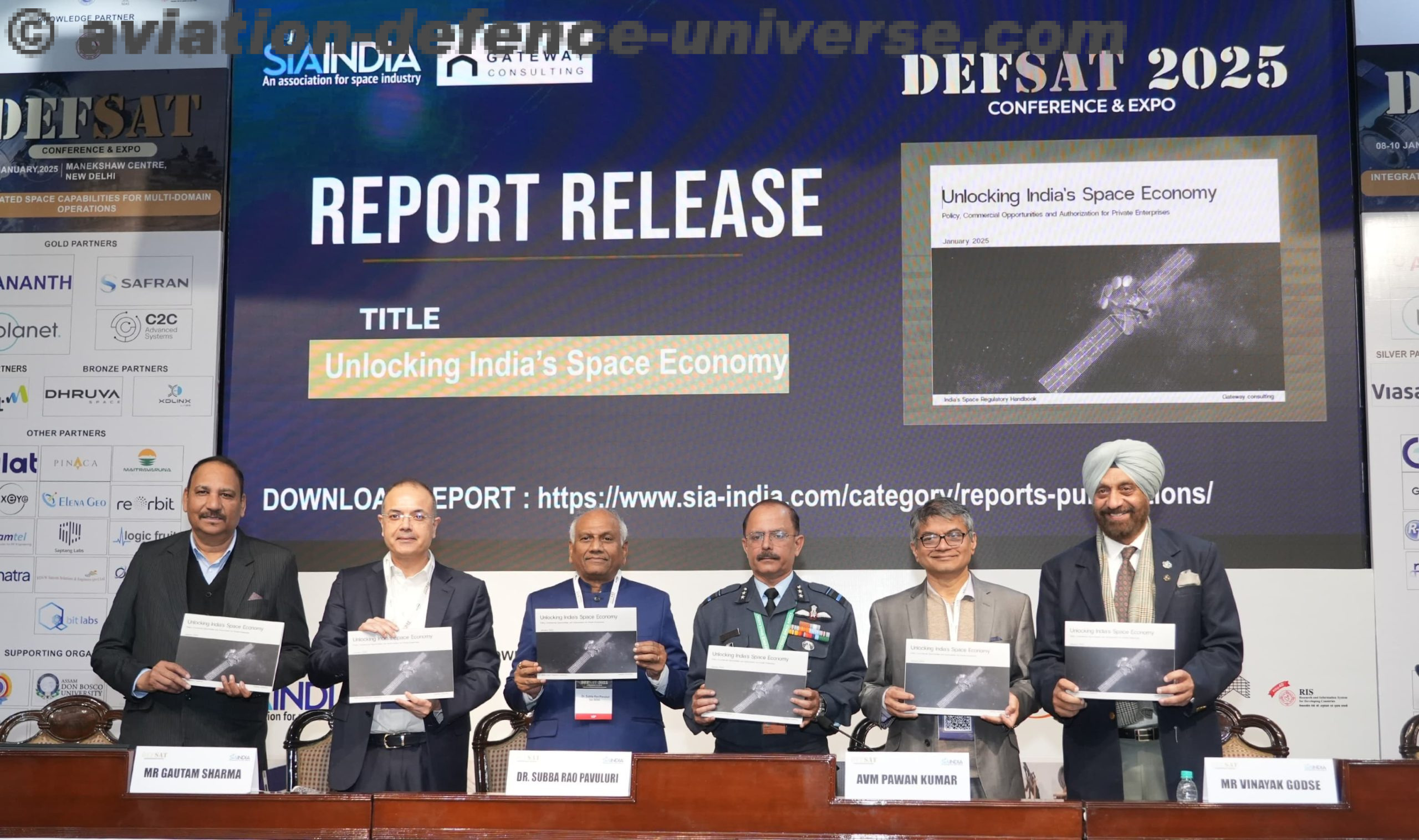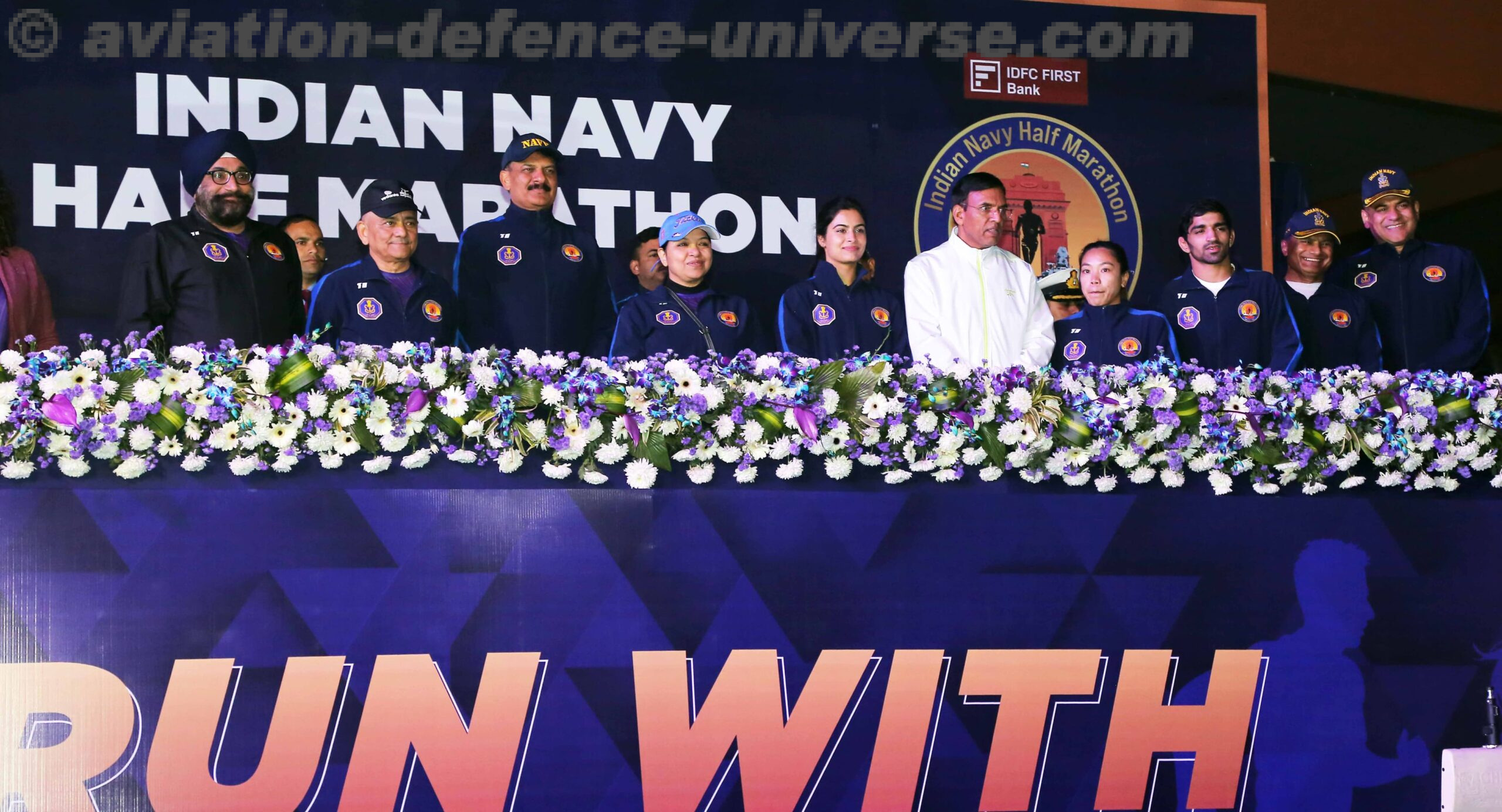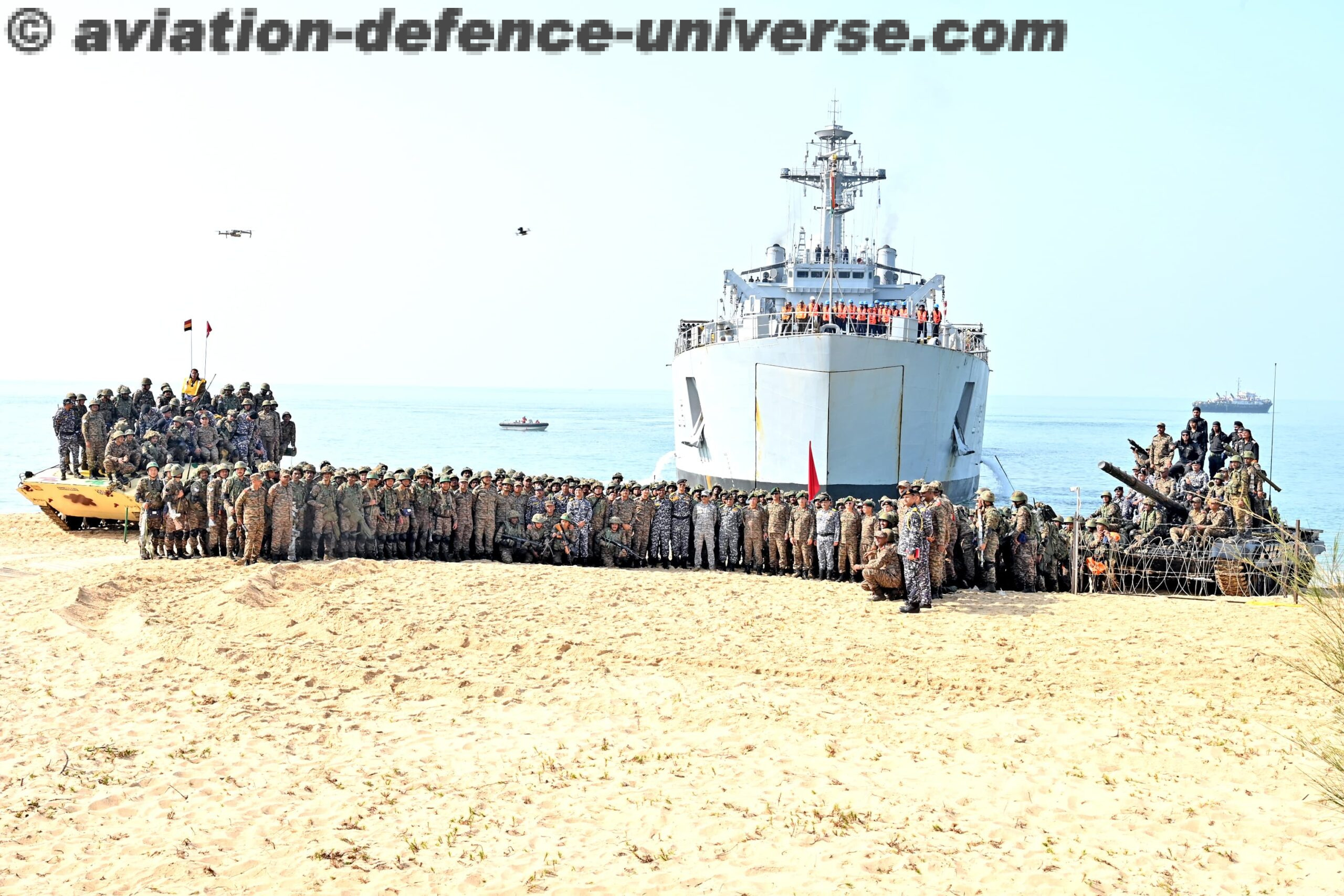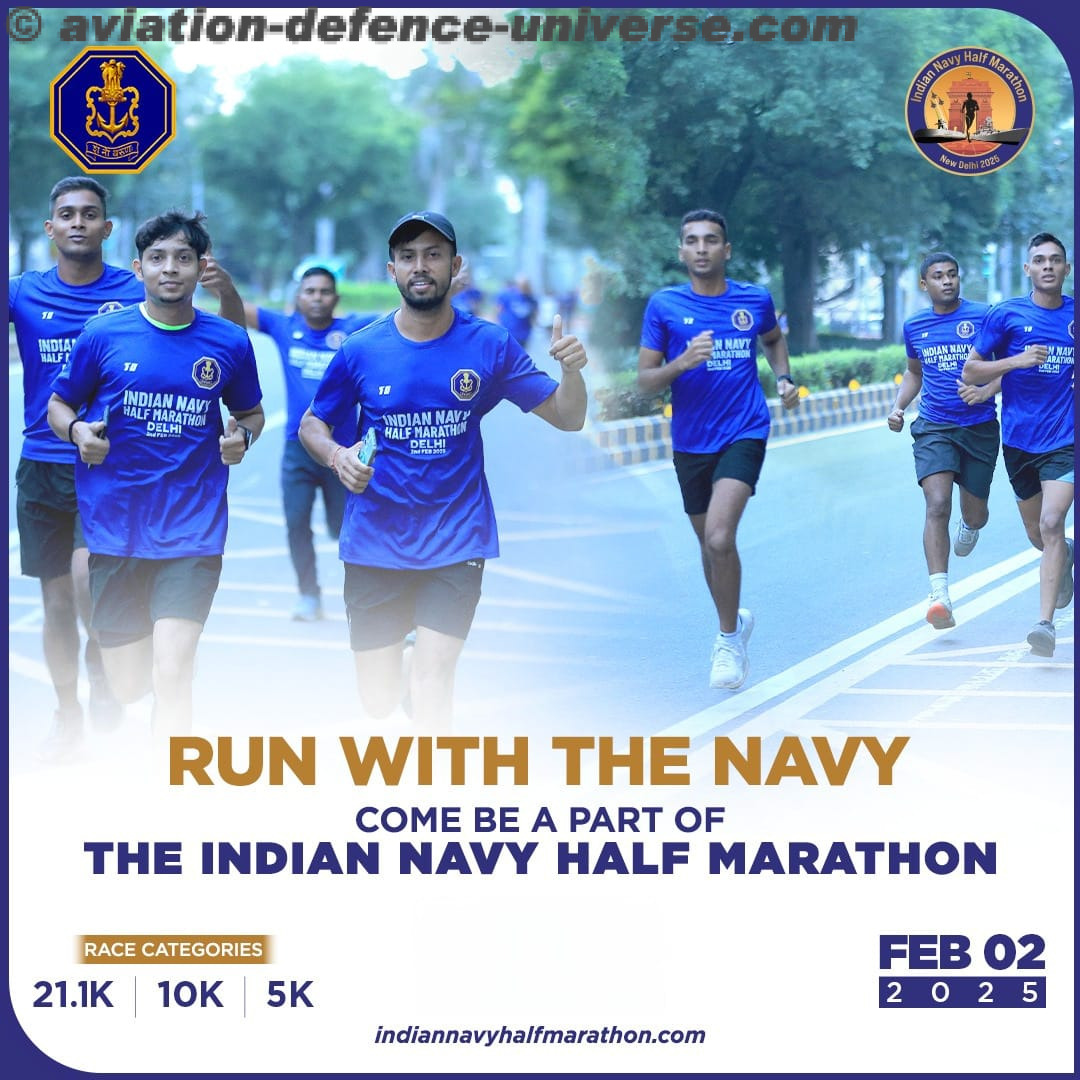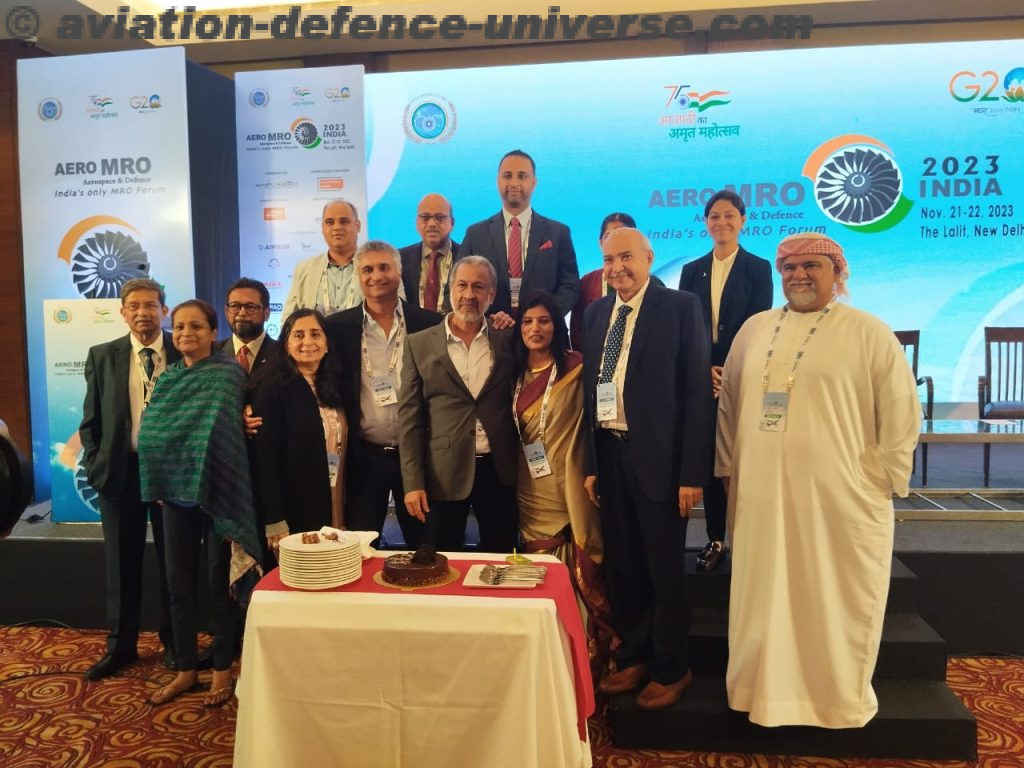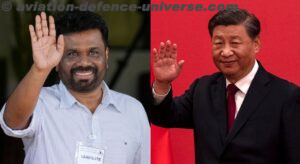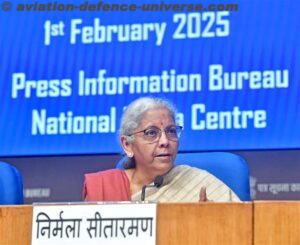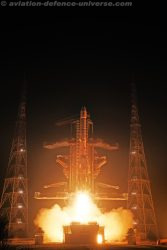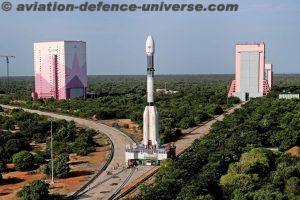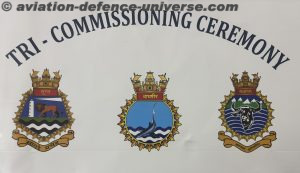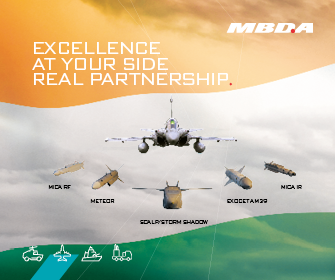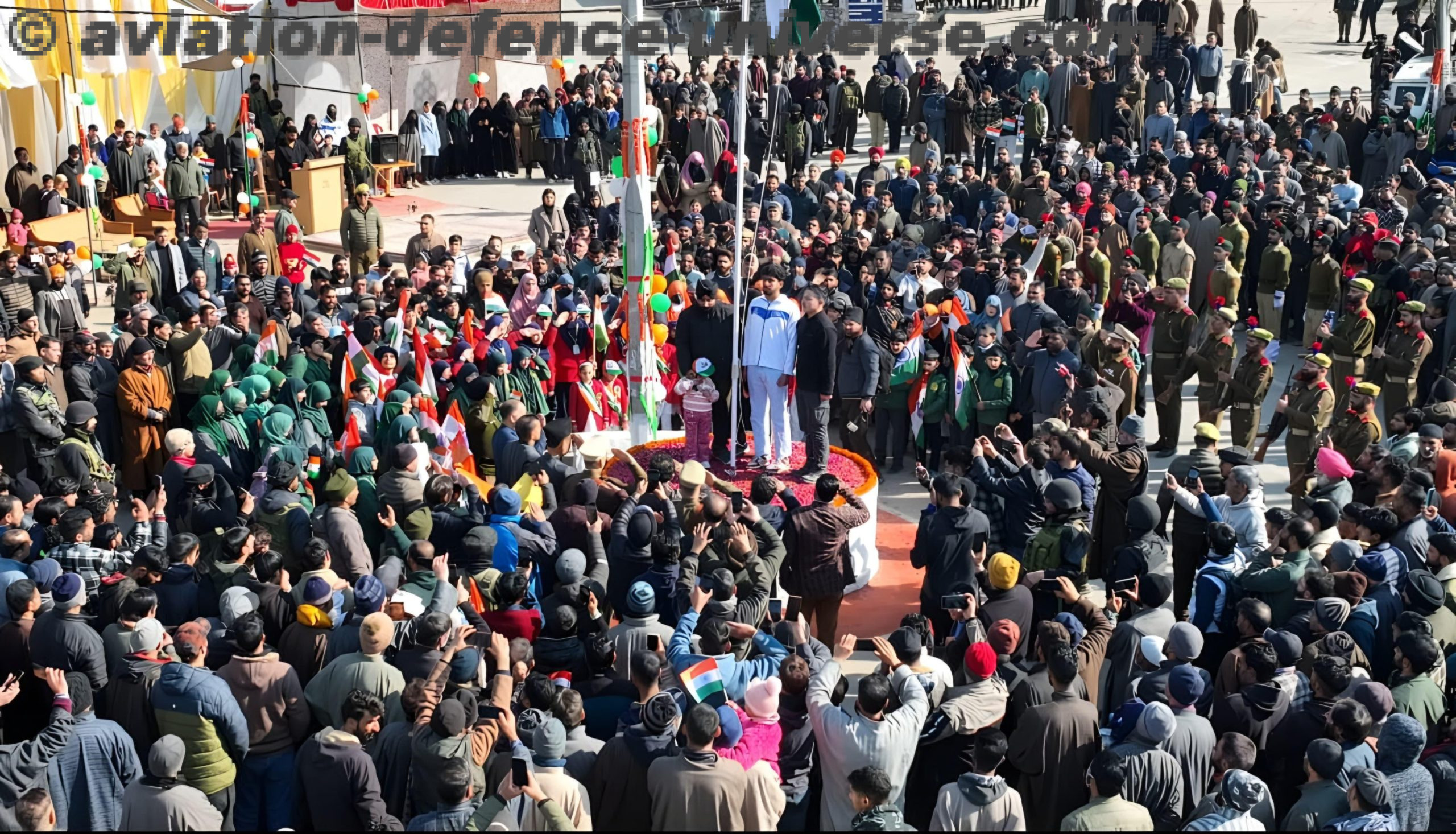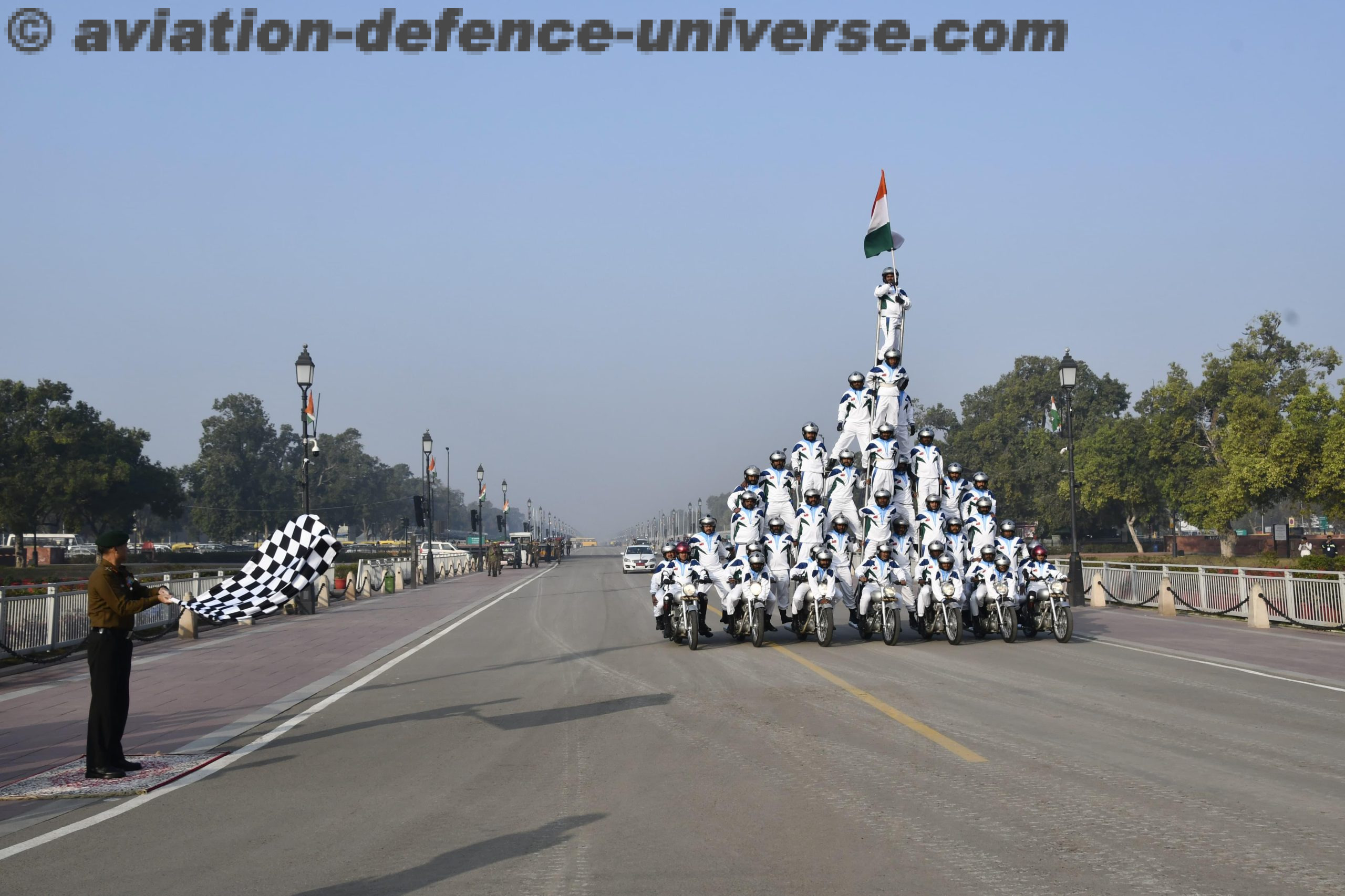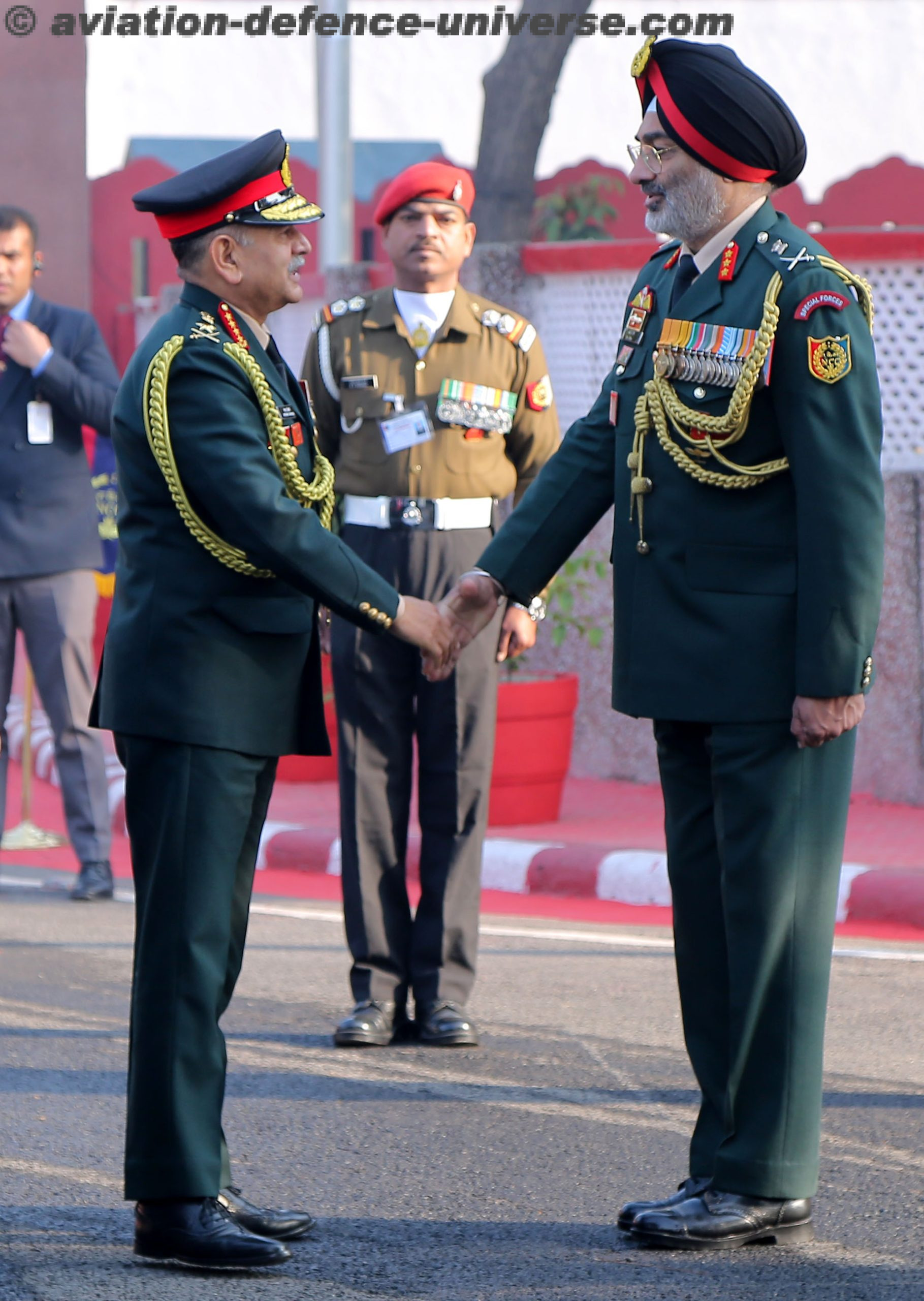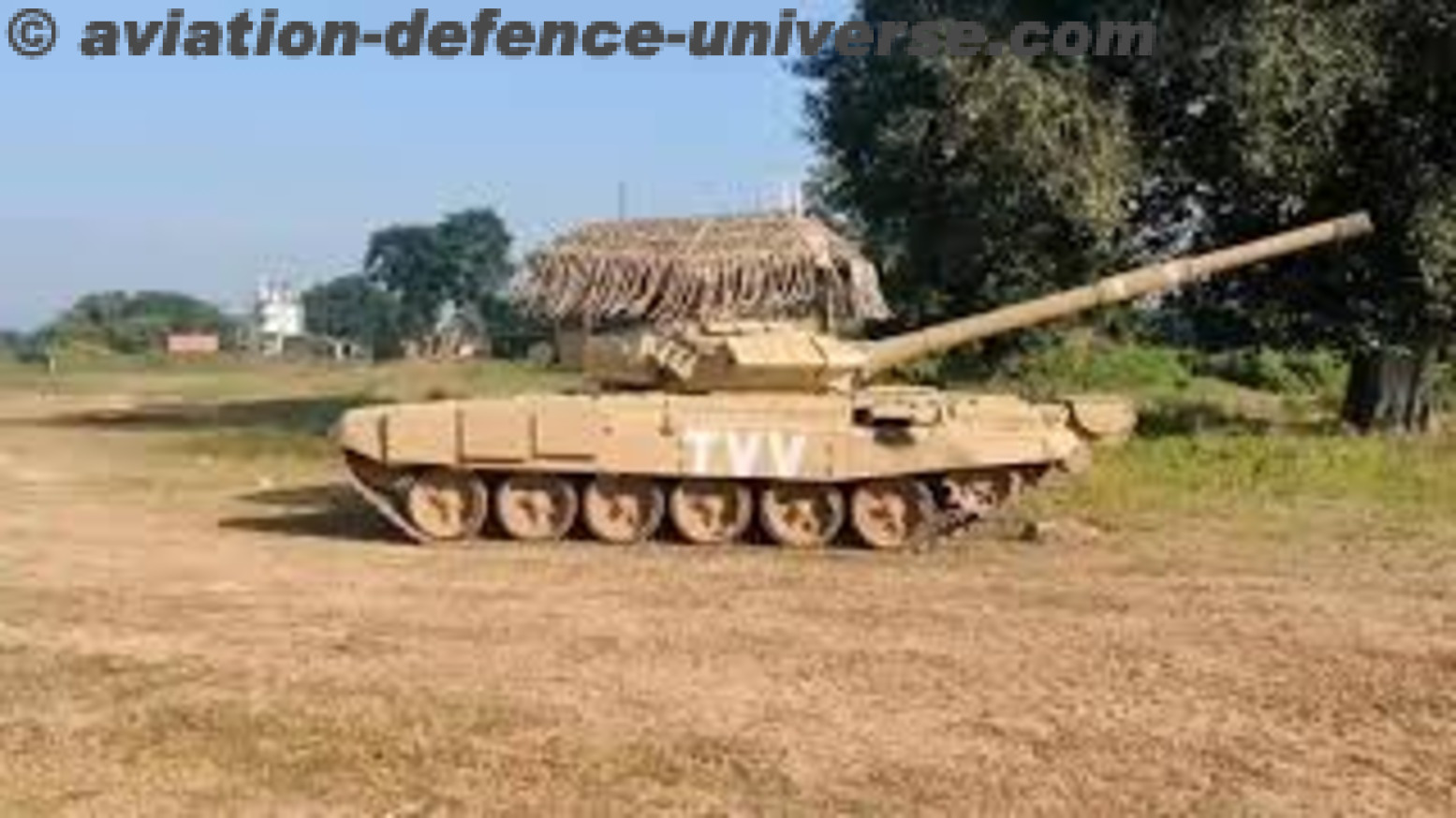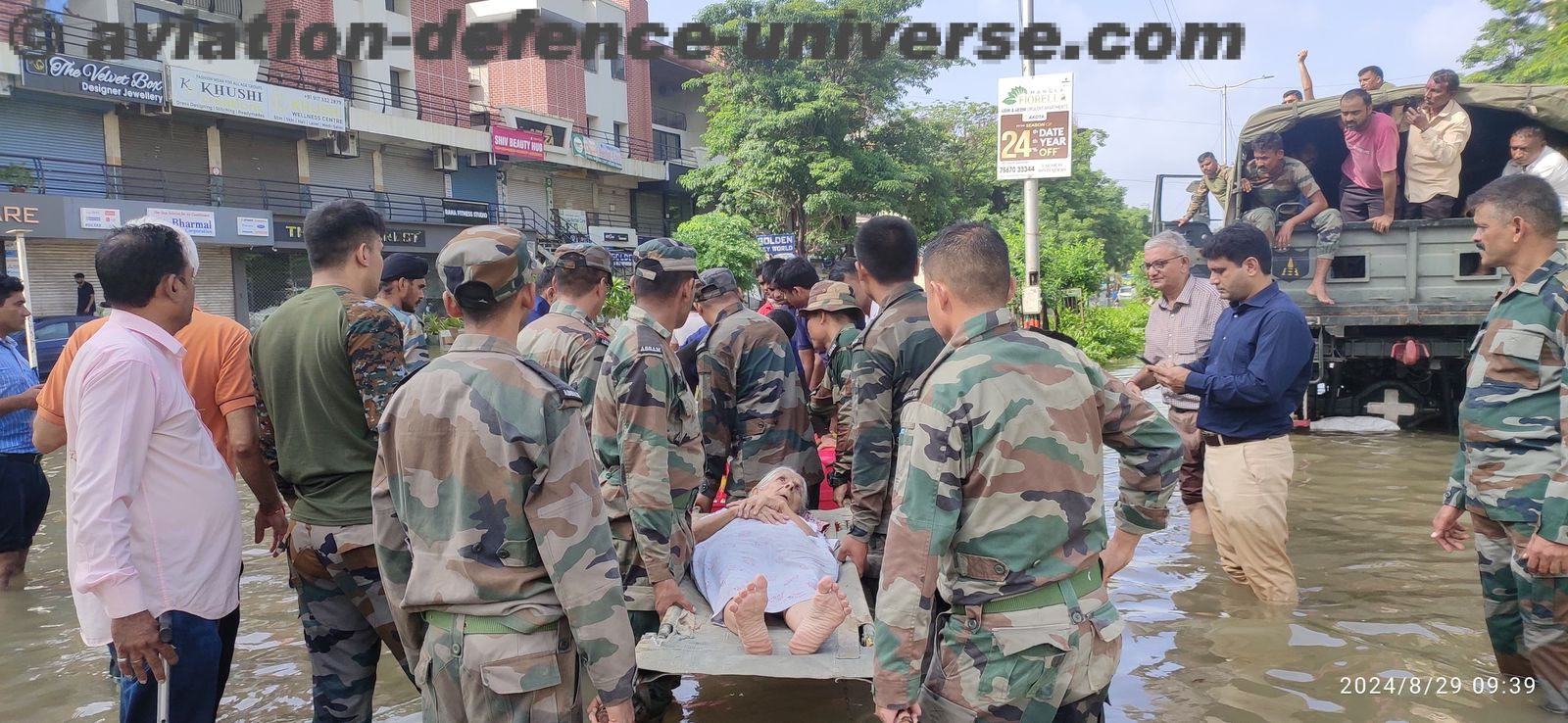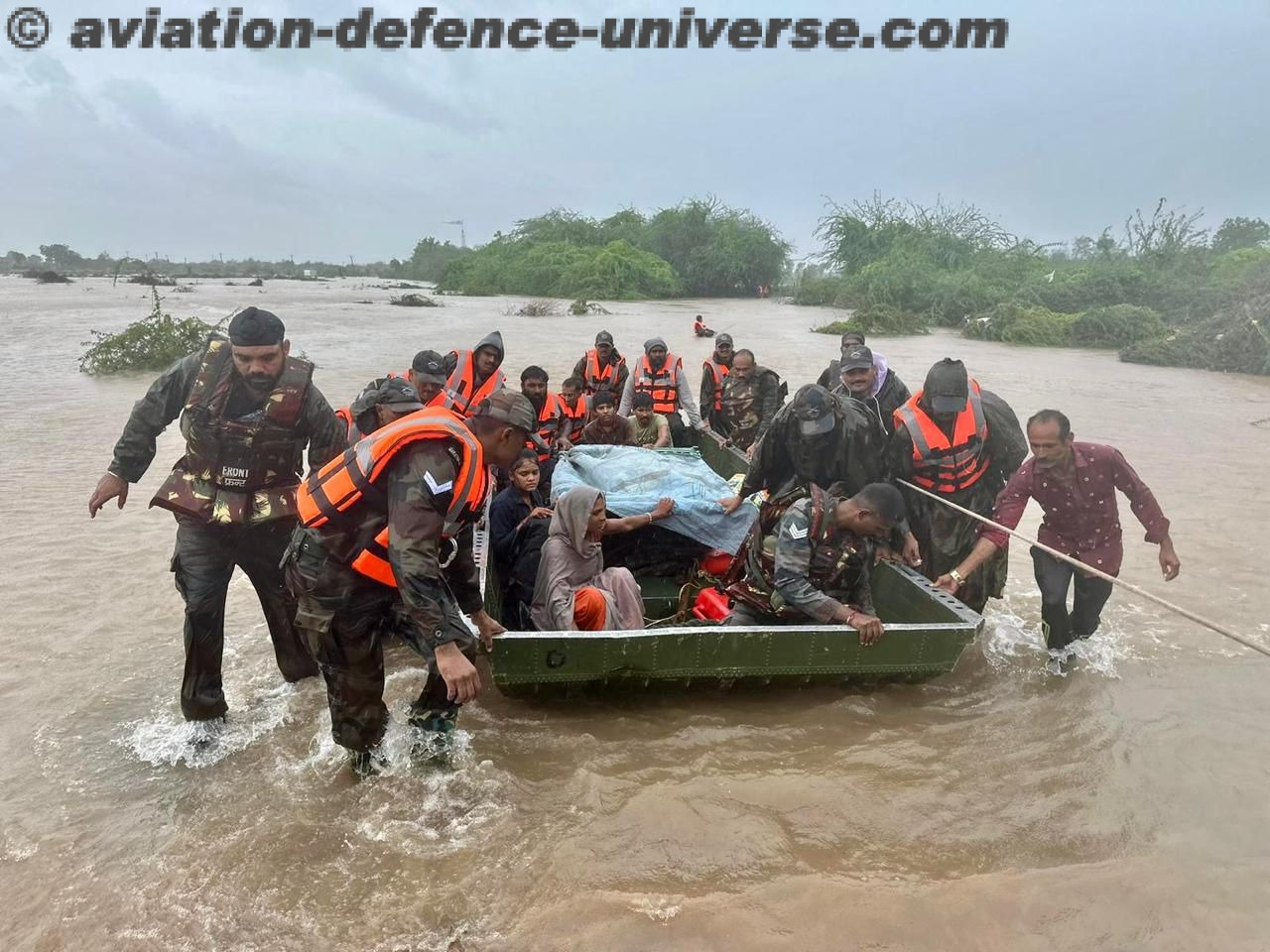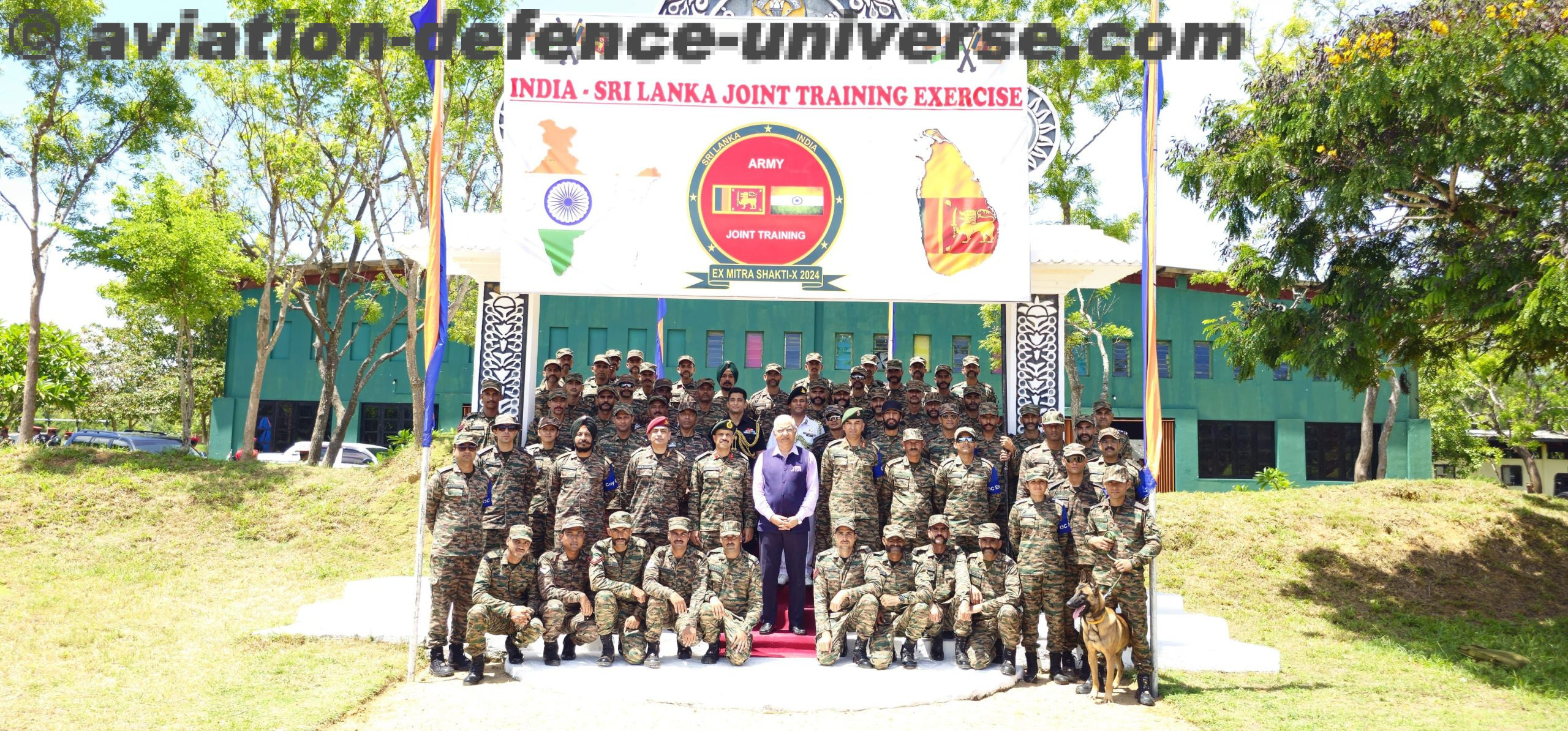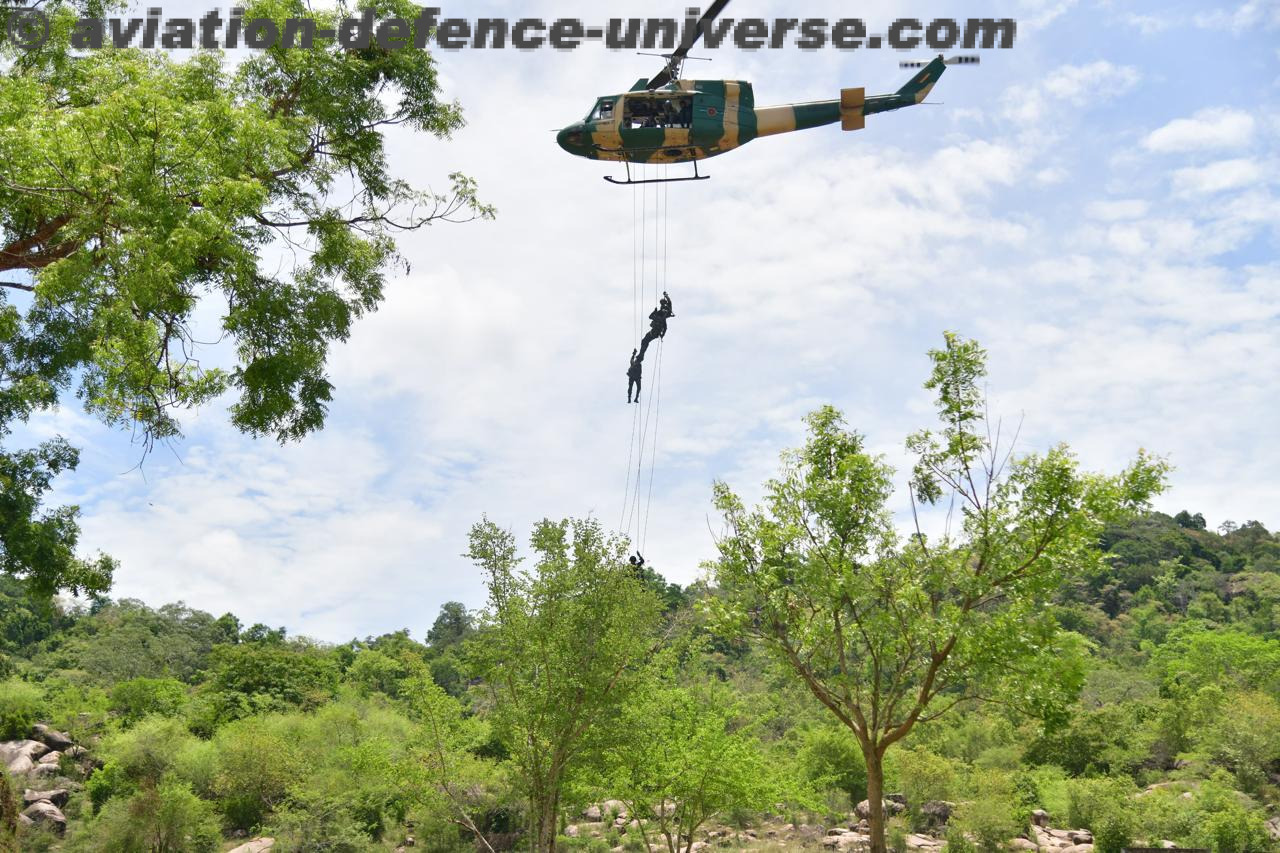New Delhi. 27 November 2023. India stands out as a major purchaser of aircraft, with major domestic airline operators such as Air India and IndiGo placing two of the world’s largest aircraft orders with Airbus and Boeing in 2023. Despite ranking as the third-largest global aircraft buyer, India faces a notable scarcity of engine MRO centres. Consequently, approximately 92 percent of the engine MRO business is outsourced to other nations. The Indian MRO industry’s total size is expected to grow substantially from about US$ 1.7 billion in 2021 to about US$ 4 billion by 2031. All these issues were brainstormed at Aero MRO 2023.
MRO Association of India’s annual event Aero MRO India A&D 2032 was held on November 21-22 in Delhi and was a grand success. The theme this year, “Preparing for the New Horizon” highlights the immense growth potential of India’s aviation MRO sector which was dealt with by each and every speaker. In his or her talks.
Piyush Srivastava, Senior Economic Advisor to the Ministry of Civil Aviation, Govt of India and the Chief Guest of the event in his speech, “The presence of an engine MRO facility in India could have prevented Go First Airline from going “belly up”, as sending engines abroad for servicing is not an efficient way to operate a carrier,” he emphasised.
“Removing the engine here in India, paying a charge to transport it elsewhere while the aircraft is on the ground, or renting another engine is not an efficient way of operating an airline.” “Our recent experience with Go First is fresh in our memory. It probably would not have landed on its belly had we had the requisite MRO services in the country.
“It’s supplier, the OEM (PW) in that case, was not in a position to help the airline due to supply chain disruption, and the airline went belly up, which is not a good thing for the aviation sector,” he added.
Srivastava stated that it is time for the establishment of MRO facilities in the country, as currently, only 15 percent of Indian carriers’ MRO business is handled in India. “We handle only 15 percent. Whatever maintenance work we perform here is at the bare minimum, focusing on line and airframe maintenance,” he noted, highlighting the deficiency in engine and component MRO facilities in India.
“We need to cover the ground in component and engine maintenance, where it matters,” he added. Srivastava mentioned that the trump card lies with the airlines, given their substantial orders. He stated that they can impose a condition on aircraft and engine makers to have an MRO facility in India.
“Sometimes people reach out to me, especially in the defence ministry and other government departments, asking why I don’t make it mandatory (to buy planes/engines only from the company that has MRO in India).
“Of course, we have toyed with this idea, but I believe that this amounts to licence permit raj in another form, which I am not fond of,” he said. The easier route is that the airline industry themselves realise that this is something they have to do, he noted.
Some notable points that were raised on Day 1 of the conference were: IndiGo has started a process to seek approvals from the Directorate General of Civil Aviation for buying non-critical, non-structural items two years ago, and used indigenous such parts for its aircraft. “It is the way forward. Acceptability is coming. A few years ago, we started the project at IndiGo to identify non-critical items like paper, or non-critical, non-load carrying items for cabins. We now have in-house capability to make a part and use it on our aircraft,” Parichay Datta, Vice President of Engineering and Maintenance, of IndiGo, said.
“We did not see any resistance from the regulator. In fact, they were very forthcoming to give us approvals. We started with some parts, we will carry on many more non-structural non-critical items within the cabin,” Datta added.
“I had to import paper used for printers in an aircraft … Why can’t I use local paper? Even the stickers on the tables or toilet buffers or soap dispenser bottles… These are small things we are looking at. If it is not a critical part, it should be acceptable. In certain leases, I made it a point to write it down that non-critical parts should be accepted. We are in the process of getting approvals,” Sisira Kanta Dash, Air India’s Chief Technical Officer, said. In aviation parlance, non-critical parts of an aircraft are covered under Part 21 of the Parts Manufacturer Approval (PMA), which mandates compliance for sourcing products, appliances and parts with applicable designs via authorized entities.
The substantial orders placed by Indian airlines for aircraft would not only lead to a sizable fleet, but will enable domestic carriers to negotiate favourable terms with lessors for leasing aircraft and the use of local non-critical parts, which will save over 40 percent cost. The availability time for some parts will also reduce from six months to under 30 days, industry executives said.
Several important topics involving the Indian MRO Industry were discussed and deliberated to focus on the New Horizon by industry leaders from MROs, Airlines, Leasing and OEMs. These included Indian MRO Strategy to Prepare for the New Horizon; Strategy to mitigate Supply Chain challenges in the Indian Airlines sector; Invest India – Making India a Global Hub for MRO Services by 2030; Leasing ecosystem for aviation assets in India
to promote the airline; Need of OEMs’ Support to manage Airlines/MROs; Indian MRO Strategy to Prepare for the New Horizon; Strategy to mitigate Supply Chain challenges in the
Indian Airlines sector; Invest India – Making India a Global Hub for MRO Services by 2030; Leasing ecosystem for aviation assets in India to promote the airline; Need of OEMs’ Support to manage Airlines/MROs.
Four stand-alone presentations were made by companies such as Hindustan Aeronautics Limited delivered by Puneet Kumar, AGM (Mktg, Proj. &CS) TAD, Kanpur, Avi-Oil by Arjun Pullath, GM Sales – Aerospace and Defence, Ziegler Aerospace by Naresh Solipur, Founder and CEO and StandardAero by Tayeb Bouhassis, Regional Sales Director – Airline & Fleets. The interesting point that Tayeb made in his presentation was, “This (MRO JV in India) is something that we have in mind; not probably in short-term but more mid-and long-term.”
One of the world’s largest aircraft MRO companies is open to setting up shop in the country by forming a joint venture with an Indian firm. US-based StandardAero, which currently runs 55 MRO facilities in 13 countries, will make the decision after gauging the engine workload at Safran’s proposed facility in Hyderabad, said Bouhassis.
Every participant at Aero MRO India 2023 eagerly awaits the Award Ceremony on the evening of Day 1. This year too there was no exception. MRO Association of India, this year constituted a new category of awards – the Jubilee Awards. In recognition of the individuals’ services to the MRO Industry in his career span, the Association instituted this category of awards.
The awardees were: Air Cmde. R. P. Kashyap, the Diamond Jubilee Award in recorgnition for his undying support to the Indian MRO Industry for the last 62 years; Ravi Menon, the Golden Jubilee Award for his undying support to the Indian MRO Industry for the last 62 years; K. V. Krishnan, the Ruby Jubilee Award for his undying support to the Indian MRO Industry for the last 44 years; C. S. Tomar, the Ruby Jubilee Award for his undying support to the Indian MRO Industry for the last 43 years; H. R. Jagannath, the Ruby Jubilee Award for his undying support to the Indian MRO Industry for the last 43 years and Bharat Malkani, the Silver Jubilee Award for his undying support to the Indian MRO Industry for the last 25 years.
After this category, the Lifetime Achievement Award was conferred on two industry veterans for their support to the Indian MRO Industry in absentia to P. K. Chattopadhyay and H. S. Khola, both former Directorate General of Civil Aviation (DGCA) officers.
Then came the usual category of awards for the companies for their achievements during the past year and the excitement rose many notches.
Day 2 of Aero MRO India 2023 was as usual dedicated to the Defence Forces. This year we had representation from the Indian Army, Indian Air Force, Indian Coast Guard and Hindustan Aeronautics Limited.
The topic was Strategy and Progress in Convergence of Civil-Military MRO moderated by Bharat Malkani, President, the MRO Association of India and Chairman of MAX MRO which is involved in defence MRO work in a large way. The panelists were Lt. Gen. Ajay Kumar Suri, Director General Army Aviation, Indian Army, Air Marshal C R Mohan, Air Officer Maintenance, Indian Air Force, Air Headquarters, DIG Jamal Taha, Head of Air Maintenance, Indian Coast Guard and Jasbir Singh, GM Heli-MRO, HAL Bangalore
The discussion focused on the strategies and progress made between the civil and military in the area of MRO. Indian Air Force already has offloaded some of its MRO work to the civil MRO industry in a ‘plant-in-plant’ method where civil MROs help the IAF in this duty by placing their workforce at BRDs and are carrying on this vital work. Other defence services are yet to exercise this type of work.
The Indian Army and the Indian Coast Guard evinced keen interest to enter such kind of support from the Indian Civil MRO Industry. Currently, Hindustan Aeronautics Limited does MRO work for all the defence forces in the country at their various MROs for transport, fighter and helicopter platforms of the forces.
In the second part of this discussion and interaction with the civil and military MROs and OEMs, Air Vice Marshal KAA Sanjeeb, VSM, Assistant Chief of Air Staff, Maintenance Plan, Indian Air Force moderated. The other panelists were Mangesh Karyakarte, Chief Sales Officer representing Air Works Group, Abhisek Rashtradhyaksha, Head of Business Development representing GMR Aero Technic, Brig (Retd.) Amit Mukherjee, General Manager representing Elcom Systems, and Mangalam Pandey, Lead Technical Service of Air India.
Air Vice Marshal P. Sreekumar, VSM, Assistant Chief of Air Staff Transport & Helicopter, Indian Air Force highlighted the need for cooperation between IAF and the Civil MRO Industry in the area of the transport and helicopter fleet of the services.
Air Vice Marshal KAA Sanjeeb informed the gathering that IAF is willing to have a half-a-day meeting with the Indian Civil MROs to access their individual capabilities and engage with them for MRO work in the future. Off line, both Lt. Gen. Suri and DIG Taha also expressed their willingness to engage with the Civil MROs for such engagements.
This year the conference session also included another first: a session dedicated to MRO Challenges for General and Business Aviation moderated by Col (Retd.) Sanjay Julka, Chief Executive Officer – Technical of Club One Air and the panelists included Ms. Sandhya Saxena, Dy. Director General, Directorate of Civil Aviation – North, M.S. Boora, Accountable Manager, Pawan Hans Ltd., Gp. Capt. R. K. Bali, Managing Director, Business Aircraft Operators Association and Ravi Menon.
A meaningful discussion ensued enphasising the need to retain MRO work for BA/GA platforms in the country as it is a big savings of foreign exchange for the owners and operators, including utilization by the operator vis-à-vis sending the platform overseas.
Ravi Menon summed up the two days proceedings and delivered the Vote of Thanks. Aero MRO India 2023 A&D saw a footfall of over 300 stakeholders on the first day and around 200-250 on the second day. Aero MRO India A&D plays a vital role in charting the industry’s course as India endeavors to become a major global aerospace hub. MRO Association of India formed in 2011 has completed 13 years this year and this year’s event is the tenth since its inception.






_BannerAD_234x60px.jpg)


